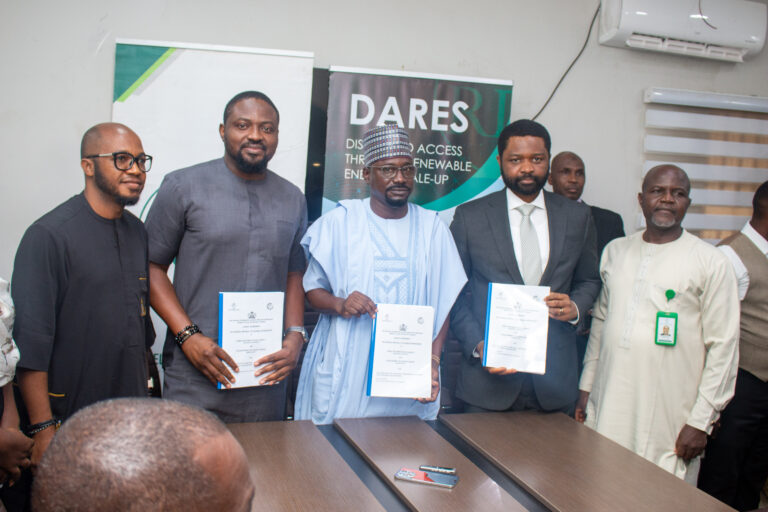Nigeria’s long-standing struggle with unreliable electricity is entering a decisive new phase, as financing begins to flow for projects under the World Bank–supported Distributed Access through Renewable Energy Scale-up (DARES) programme. Designed to deliver clean, decentralized energy to millions, DARES marks one of Africa’s boldest attempts to close the continent’s power gap through renewable innovation.
Under the scheme, 17.5 million Nigerians are expected to gain access to reliable electricity through 1,500 solar mini-grids and 1.5 million solar home systems. The approach prioritizes sustainability and inclusivity—linking public ambition with private expertise to drive measurable progress in energy access.
Capital Flows Begin: IFC Leads $200 Million Green Energy Push
To accelerate implementation, the International Finance Corporation (IFC)—the World Bank’s private sector arm—has launched a $200 million debt platform to support Renewable Energy Service Companies (RESCOs) tasked with developing and managing new infrastructure.
This platform reflects a growing belief that private capital, when effectively de-risked, can unlock large-scale transformation in Africa’s energy landscape. IFC’s first round of financing targets companies with proven capacity and innovative business models, creating a balance between local entrepreneurship and global expertise.
Among the initial beneficiaries:
-
StarTimes Smart Energy, an offshoot of the Chinese media giant, is investing its $20 million IFC facility in 95 mini-grids (13.1 MW) and 200,000 solar home systems, extending its influence from media to sustainable energy.
-
Darway Coast Nigeria, a homegrown developer with a record of 20 existing mini-grids, secured $25 million in combined funding from IFC and Norway’s NorFund to expand its footprint with 63 new sites (24 MW).
-
Prado Power, known for merging renewable energy with agribusiness and women’s empowerment initiatives, is leveraging $10 million in IFC and NorFund loans to build 21 mini-grids (9.6 MW).
-
Husk Power Systems, supported by Canadian development financing, is channeling $5 million into the construction of 108 hybrid solar mini-grids in northern Nigeria.
Blended Finance: Redefining Risk and Return in Emerging Markets
Central to IFC’s approach is blended finance—a model combining commercial loans with concessional capital from development funds. Each package includes a standard market-rate loan alongside a subsidized tranche that reduces overall borrowing costs and improves project viability.
This mechanism helps offset perceived risks in high-potential but underdeveloped markets like Nigeria, encouraging broader participation from private investors and financial institutions. For developers like Darway Coast and StarTimes, concessional financing accounts for about 3% of total project cost, yet it plays an outsized role in attracting co-investments and sustaining profitability.
Odyssey’s Digital Infrastructure: The Invisible Engine Behind DARES
While financing drives construction, Odyssey Energy Solutions provides the digital foundation ensuring every project remains transparent and trackable. Its platform—recently backed by $7.5 million from British International Investment (BII)—acts as DARES’ central nervous system.
Through Odyssey’s interface, developers submit proposals, report progress, and receive disbursements from the Rural Electrification Agency (REA), which oversees the $200 million DARES Fund. The system offers real-time data on project milestones, grant utilization, and operational metrics, creating an unprecedented level of accountability in Nigeria’s energy sector.
A New Blueprint for Energy Access in Africa
By merging data-driven oversight, innovative financing, and entrepreneurial execution, Nigeria’s DARES programme represents more than a national initiative—it is a test case for how Africa can leapfrog traditional grid systems through decentralized, technology-enabled power.
If execution matches ambition, DARES could become a continental model for clean infrastructure partnerships, proving that with the right blend of policy, finance, and digital coordination, the lights can finally come on—sustainably, inclusively, and at scale.

